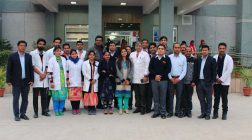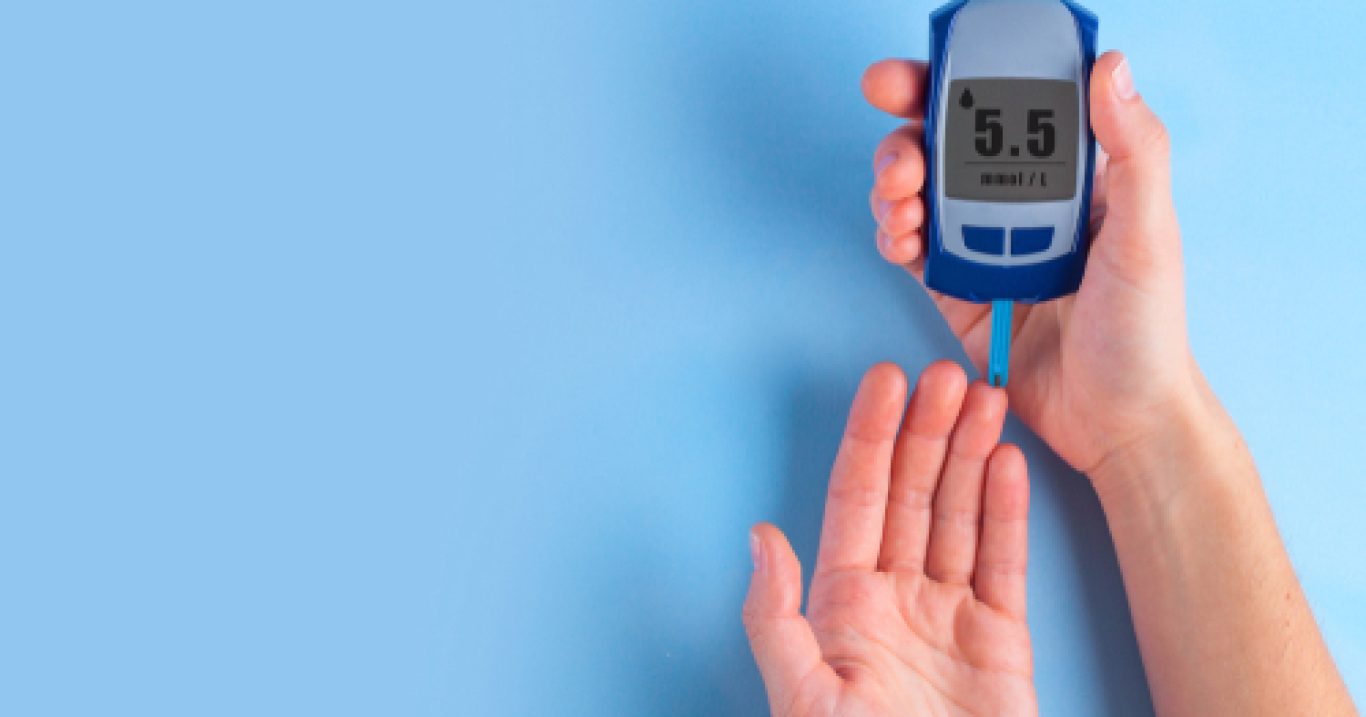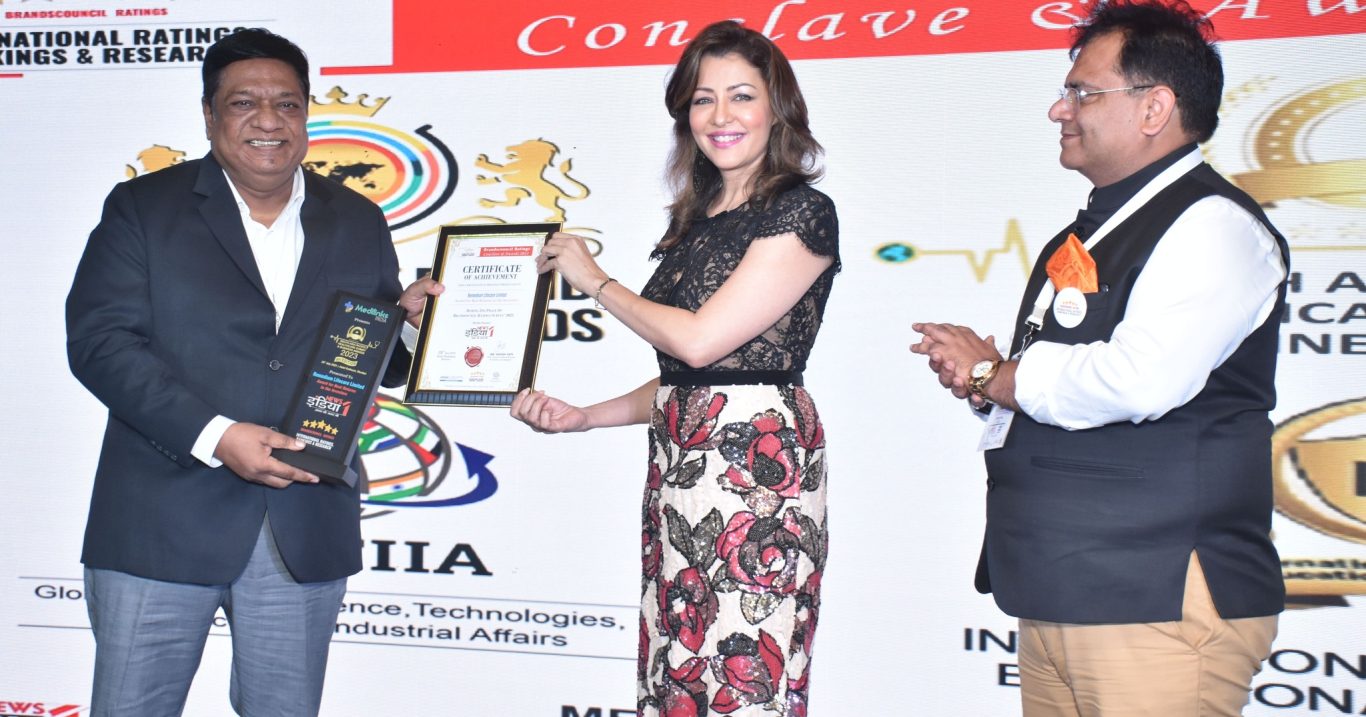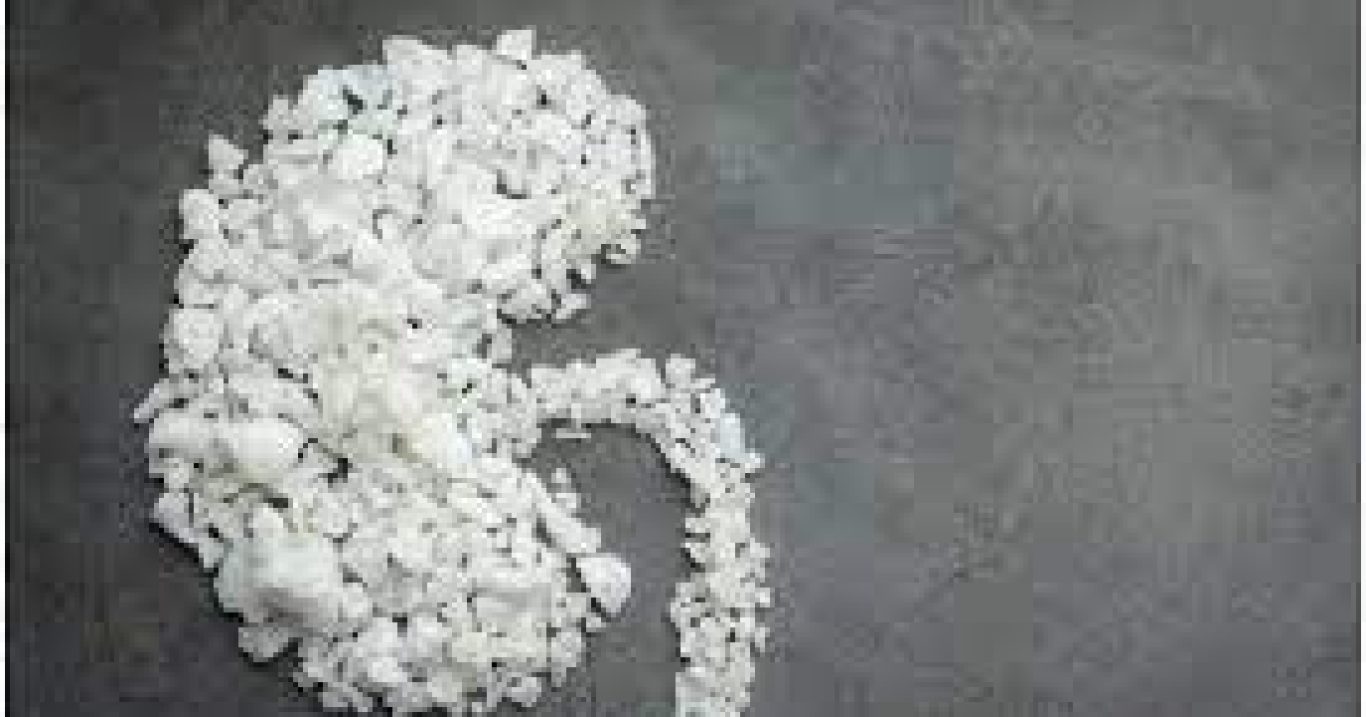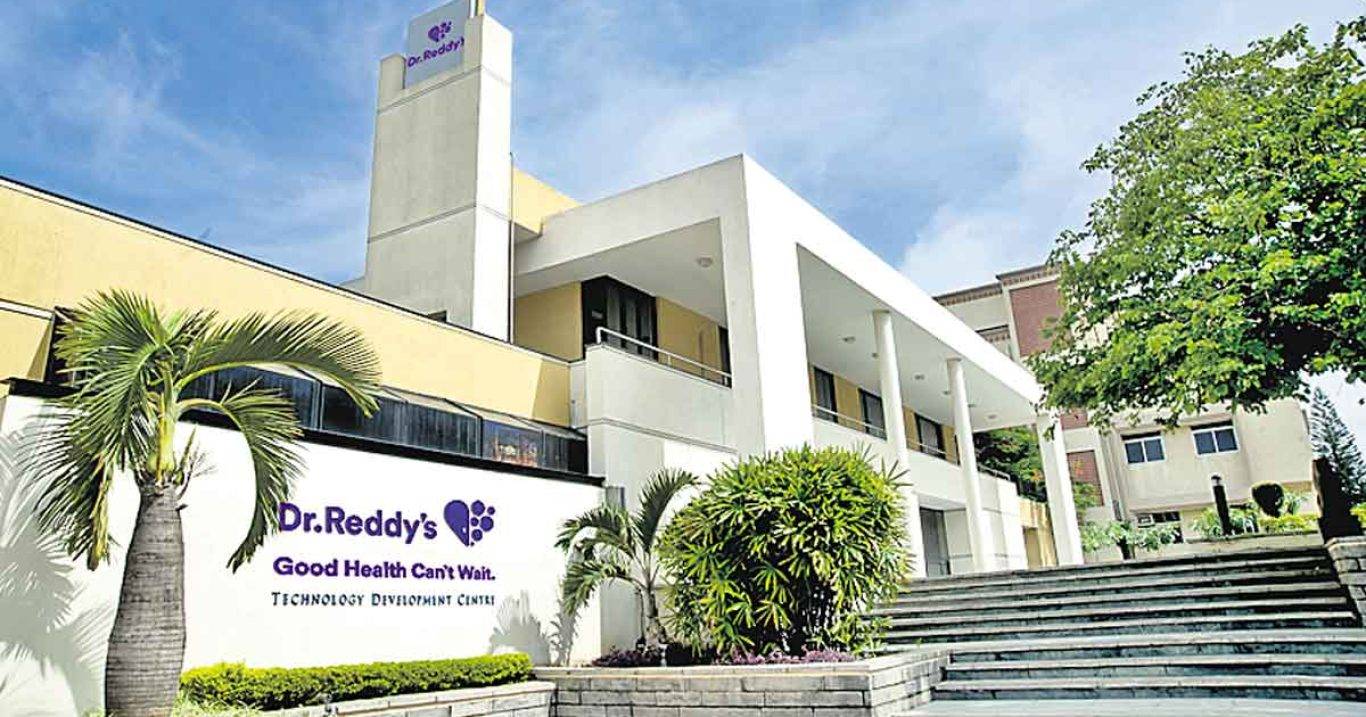Ideal healthcare system should be accessible to all: President
New Delhi, Sep 10: The President of India, Pranab Mukherjee on Tuesday underscored the need for strengthening of institutional mechanisms for community participation in governance of health care systems in both rural and urban areas to make the system effective.
The President was addressing a function after inaugurating the 31st meeting of Ministers of Health of countries of the WHO South-East Asia Region and 66th session of the WHO Regional Committee for South-East Asia here today.
The President said the incidence of high blood pressure, especially among the youth, has been increasing which is aggravated by the lifestyle. He said necessary timely and cost effective solutions to this thus need to be explored by members countries.
“An ideal health care delivery system should be accessible to all, while strategic investments in health education and training are also needed. Strengthening of institutional mechanisms for community participation in governance of health care systems in both rural and urban areas will make the systems effective,” the President noted.
President stated that there were some key issues and challenges that faced the countries of this region. “This region is significant as it 1.79 billion people reside here which forms 26.4 percent of the global population, and this region has more than 27 percent of disease burden on NCDs. This region registers the lowest total expenditure on health which is about 3.8 percent of the GDP. An estimated 142 million people in the SEARO region are above the age of 60 years,” the President said.
He said this figure is likely to increase in the years to come. “By 2025 it is estimated that this will become twice the present number. The meeting of the health ministers of this region will map the way forward for the entire region with a joint commitment on serious health issues faced here along with the strategies to move forward, the President stated. This however needs multi-dimensional approach on the parts of the various governments,” he said.
“He said due to systematic efforts of the governments and the WHO in this region, major countries are on track to achieving the MDG goals as far as the health issues are concerned, such as eradication of polio, reduction in IMR and MMR. For those countries which are still lagging behind much more needs to be done, the resident remarked,” he added. In his welcome address, Minister for Health and Family Welfare Ghulam Nabi Azad expressed satisfaction that the meeting being held at a time when India is just four months away from becoming polio free. He said that country has also seen significant reductions in MMR, IMR, TFR and HIV / AIDS in its progress toward achieving MDG targets in the region.
Azad said that the 31st Health Ministers Meeting will take up the issue of high blood pressure which is an important component of broader group of Non Communicable Diseases(NCDs) and will come out with the “Delhi Declaration on High Blood Pressure”. Azad emphasized that the NCDs, especially the high blood pressure, are now globally recognized as major challenges to human health and economic growth.
“These have become major cause of premature deaths, striking the poor and the vulnerable populations the hardest and driving them deeper into poverty,” Azad said.
Azad said that much before the UN Special session; India had entered into a paradigm shift by launching the National Programme on Prevention and Control of CVDs, Diabetes, Cancer and Stroke in 2010.
“This was done to accord the highest priority to the prevention, early detection, treatment and control of NCDs by creating awareness about these diseases through print and electronic IEC, rapidly upscaling infrastructure and human resource, particularly in remote, difficult to access areas and make the treatment more affordable, through innovative research,” he said.
Azad said the Delhi Declaration on High Blood Pressure shall not only help in taking the national programme forward but also articulate the commitment of the Health Ministers of the South-East Asia region to the way-forward to control this disease and NCDs.
He underscored that the discussions in the Regional Committee will cover a spectrum of health issues that confront the Region including Universal Health Coverage.
The WHO, Director General, Dr Margaret Chan said that each year there are 9.4 million deaths due to heart disease and stroke. So, lifestyle changes and medicines are very important. Dr. Chan commended the Government of India for not having any polio case in last 30 months.




